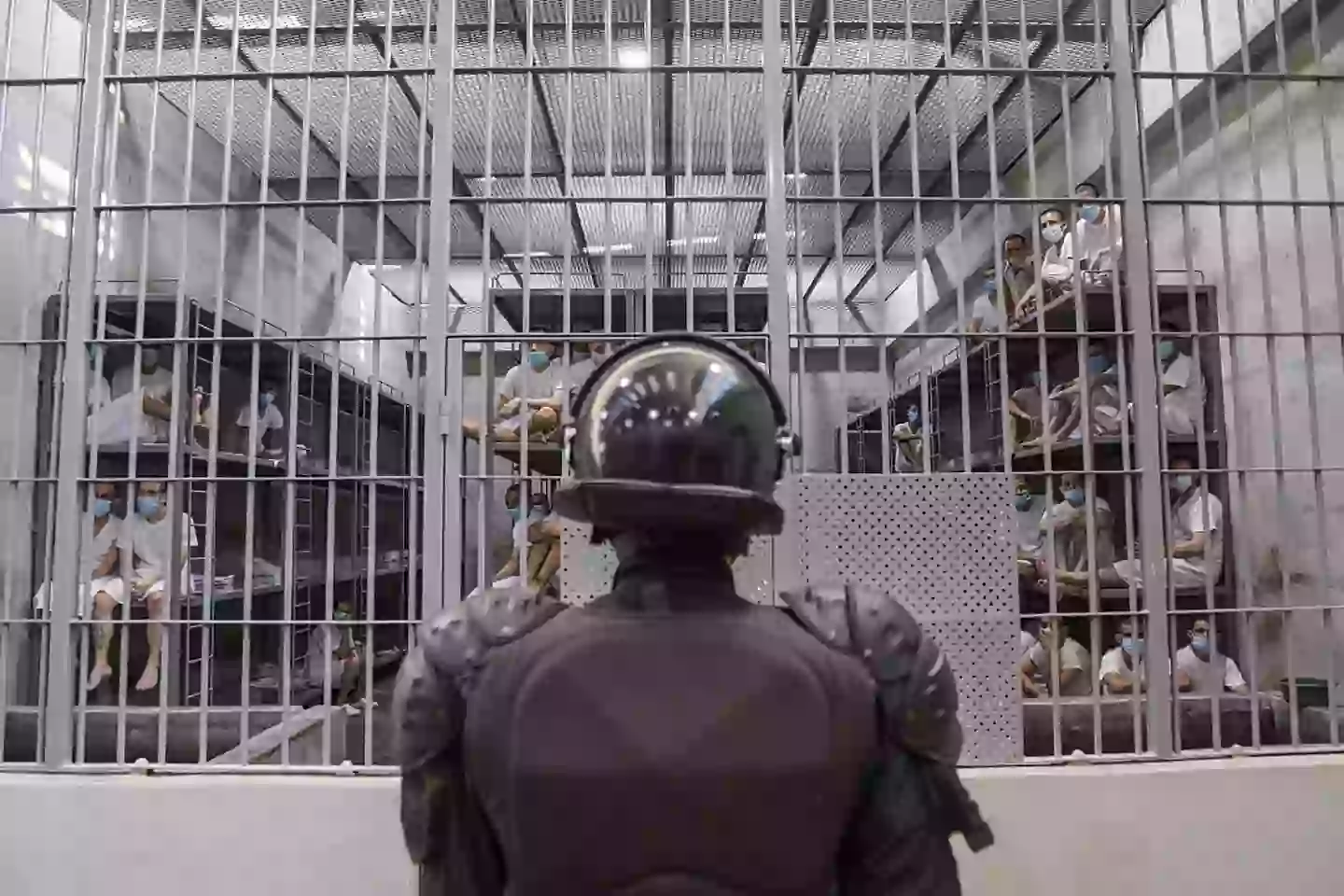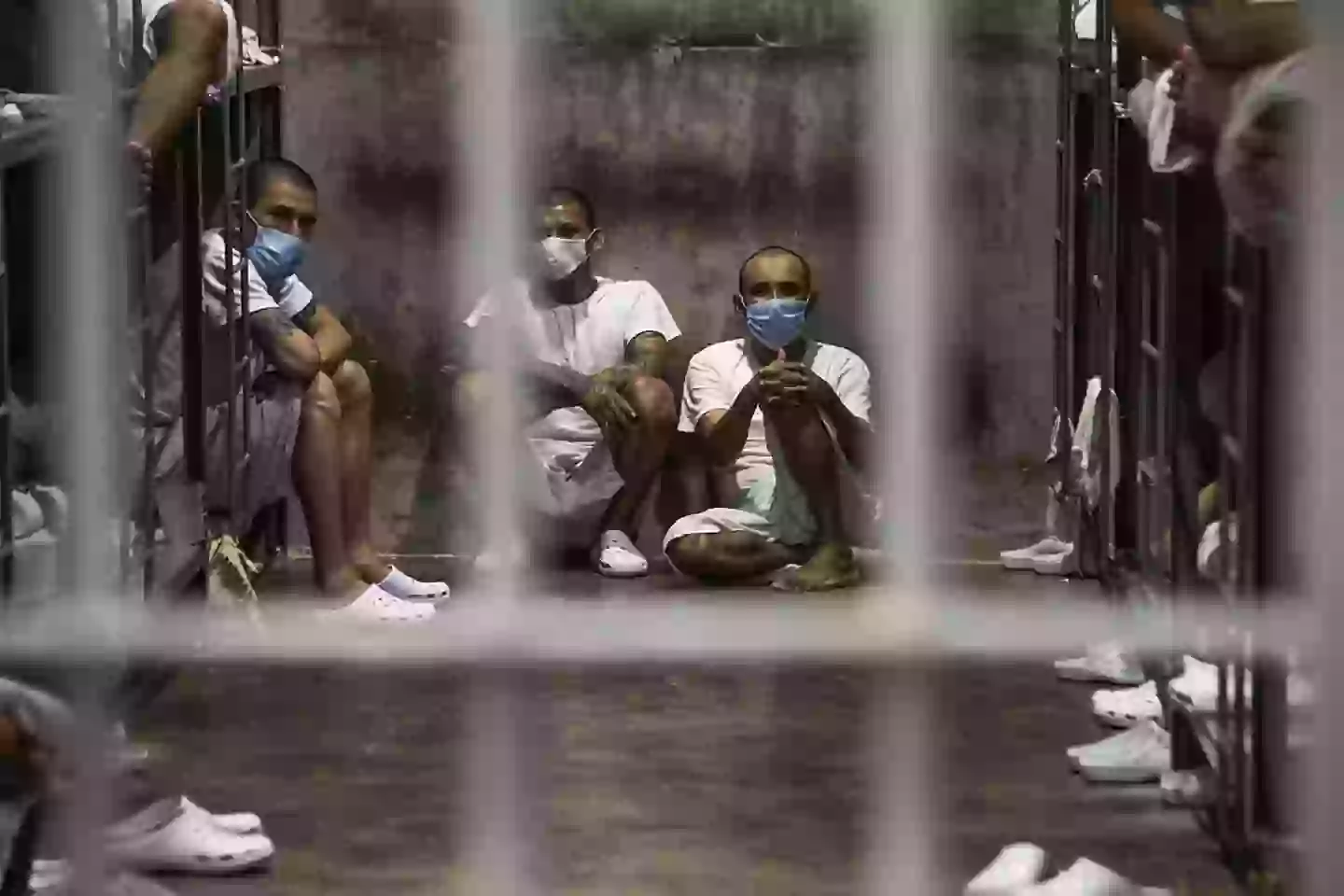The Trump administration has been temporarily barred from deporting migrants to El Salvador, according to a recent court decision.
This decision affects men detained in a Texas facility under an outdated wartime law from the 1700s, providing them a chance to prove their innocence before potentially being sent to the Center for Terrorism Confinement (CECOT). This development is the result of an order issued by the US Supreme Court early this morning, on April 19.
The full order from the Court states: “There is before the Court an application on behalf of a putative class of detainees seeking an injunction against their removal under the Alien Enemies Act. The matter is currently pending before the Fifth Circuit.
“Upon action by the Fifth Circuit, the Solicitor General is invited to file a response to the application before this Court as soon as possible.”
Additionally, the order mandates: “The Government is directed not to remove any member of the putative class of detainees from the United States until further order of this Court.”
It should be noted that Justice Thomas and Justice Alito disagree with this order, and Justice Alito plans to issue a statement.

President Trump had invoked a rarely used law, the Alien Enemies Act of 1798, which was utilized during World War II to justify internment camps for people of Japanese, German, and Italian descent. This law was used to deport the men already flown to El Salvador.
To summarize the situation, the Trump administration went ahead with flying hundreds of migrants to El Salvador’s infamous ‘mega-prison’ on March 15, despite US District Judge James E. Boasberg temporarily halting the deportations the same day.

White House secretary Karoline Leavitt denied that the Trump administration disobeyed a court order, stating that the president and his team ‘did not refuse to comply with a court order’.
CBS’s 60 Minutes conducted an investigation into 238 Venezuelans labeled as criminals by the US government, with 179 of them having no public criminal record.
During a visit to the prison by CNN’s David Culver, it was observed that inmates face ‘spartan’ living conditions.
Culver and his team noted that the prison cells, unlike those in American facilities, are designed to hold 80 or more inmates. Inmates are confined for 23.5 hours each day, which is markedly different from the conditions in American prisons.
Culver described: “The only furniture is tiered metal bunks, with no sheets, pillows or mattresses … an open toilet, a cement basin and plastic bucket for washing and a large jug for drinking water.”

